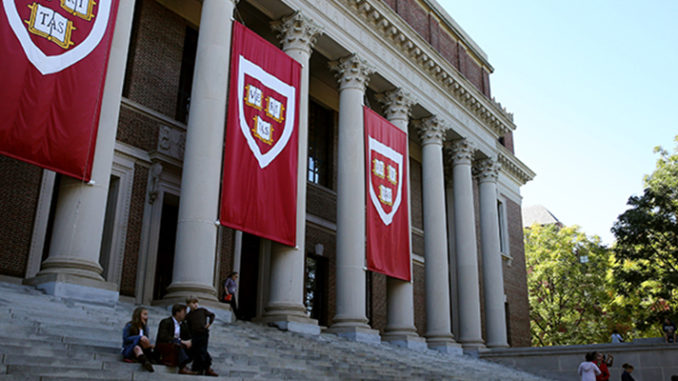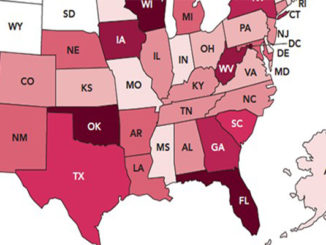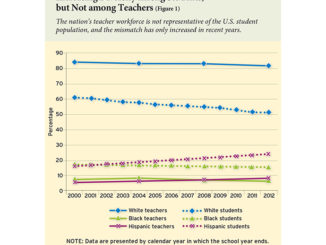
by Gerard Scimeca
In an increasingly competitive job market, the needs of American businesses and employers are dramatically changing, yet many colleges and universities are sadly falling short in preparing their graduates for rewarding careers.
A recent poll reveals that people care more about whether America’s K-12 education system is preparing students for the modern job market rather than having students earn a more traditional college degree. This survey reflects the changing reality of an employment market less focused on hiring employees with a well-rounded, academic degree, and more on finding potential employees with the skills and training needed to succeed in the workplace.
Private, non-profit and for-profit colleges and universities offer career-specific degrees that are introducing women, veteran and minority students to jobs that greatly enhance their quality of life. Traditional four-year colleges that haven’t adjusted with the times could learn a thing or two from career-focused, private schools by offering programs that better prepare college students for the modern workforce. The value of learning specific, technical skills in college is evident.
A recent study found that students who coupled their liberal-arts degree with technical training had twice the number of opportunities available to them upon graduation. Many students graduating today believe their training programs are far more useful in establishing their careers than traditional, academic learning.
Jerry Michalski, an entrepreneur who founded REX, explained to PEW Research, “Today’s educational and training institutions are a shambles. They take too long to teach impractical skills and knowledge not connected to the real world, and when they try to tackle critical thinking for a longer time scale, they mostly fail.”
Colleges neglecting students interested in specific career paths-such as nursing, criminal justice, logistics, and national security are watching student enrollment numbers decline. While colleges offering robust online learning with heavy emphasis on career-specific programs and tailored technical skills are at the forefront of higher education. Such training is increasingly valuable in a rapidly evolving employment market where many jobs are disappearing due to advancing technology and automation.
In addition to offering career-specific technical training, colleges can redesign their degree programs with a focus on developing students’ soft skills. In a survey of businesses, 50% of employers listed problem solving, collaboration, customer service, and well-developed communication skills as qualities they value most in evaluating potential employees. Unfortunately, soft skills are routinely ignored in many college classrooms.
Universities placing higher emphasis on soft skills, whether through classes that reinforce these skills or via internships and professional opportunities for students, will likely see a higher percentage of successful graduates. Businesses in the entertainment, hospitality, and travel sectors place high demand for employees with such well-developed soft skills. Approximately 14 million people work in these industries, and that number is projected to grow over the next decade. These jobs are a vital part of the economy, and colleges should ensure that students have chances to develop the skills they need to succeed in these roles.
It’s understandable that students expect their college degrees will lead them to well-paying jobs and a rewarding career. According to a Harris poll, “Two-thirds of 14- to 23-year-old students want a (college) degree to provide financial security, ranking it above all else when it comes to their motivation for going to college.”
But many of our colleges fall short in delivering successful outcomes for their graduates. Forty percent of college graduates say they are underemployed, working in positions that do not require a degree. College students need the technical training and the personal skills in order to fill millions of vacant positions that employers say they cannot fill.
Many private colleges focus on training and preparing students for real work in a competitive market. They fill an important void in higher education and the president and Department of Education Secretary, Betsy DeVos, are to be commended for their efforts to defend and strengthen them.
.



